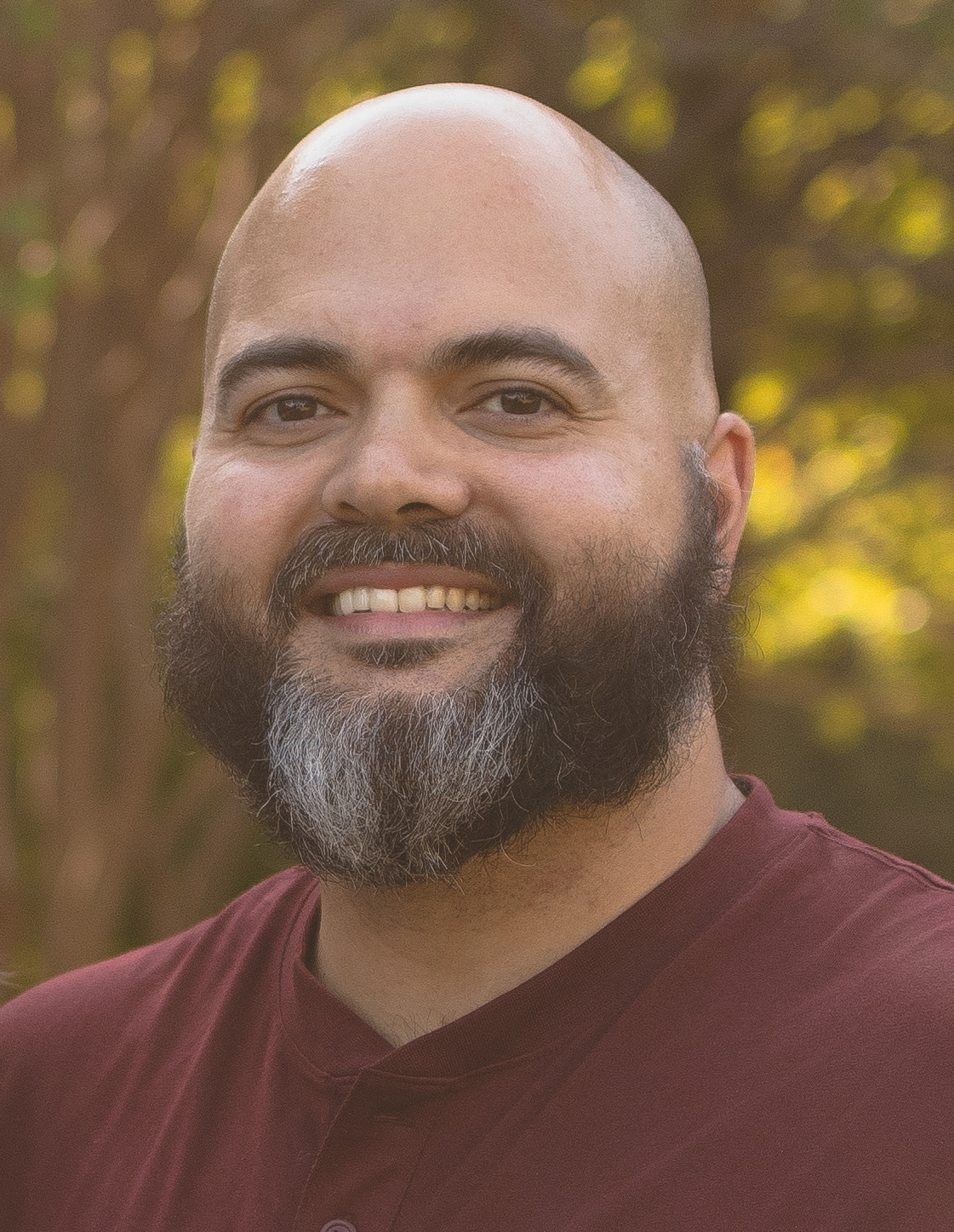Resources on the Practice of Generosity
Overview
-
What do we need to have to be content?
-
Are we willing to share?
-
Will we live on less so that others might have more?
-
Can we enjoy the public beach rather than own a beach of our own?
-
Will we take public transportation or invest in a hybrid vehicle rather than buy another internal combustion engine?
-
Can we downsize rather than trade up?
exercises
Pray
Examine Relationships
Passion
Shepherd's Purse
Budget
Giving Account
books
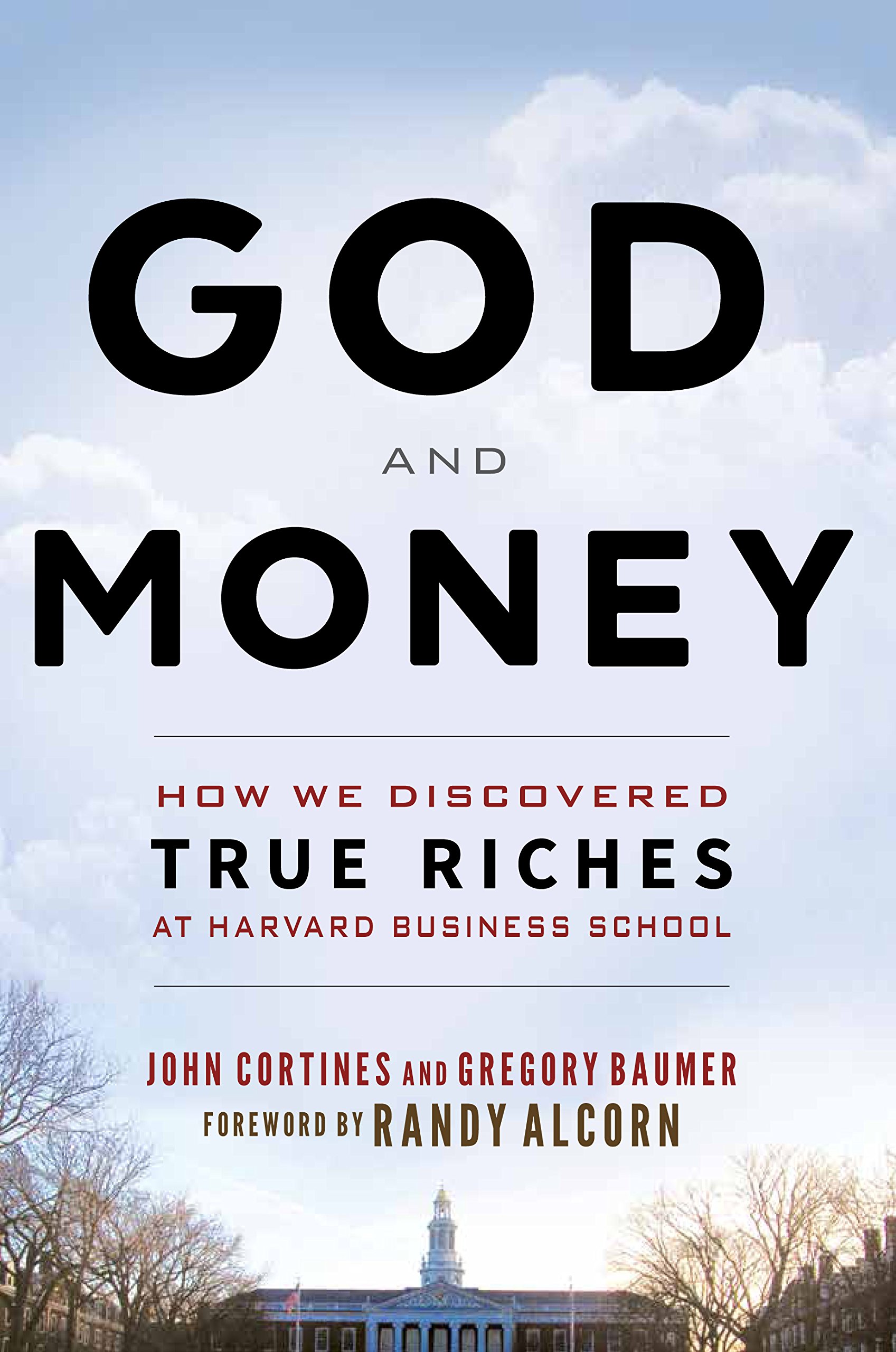
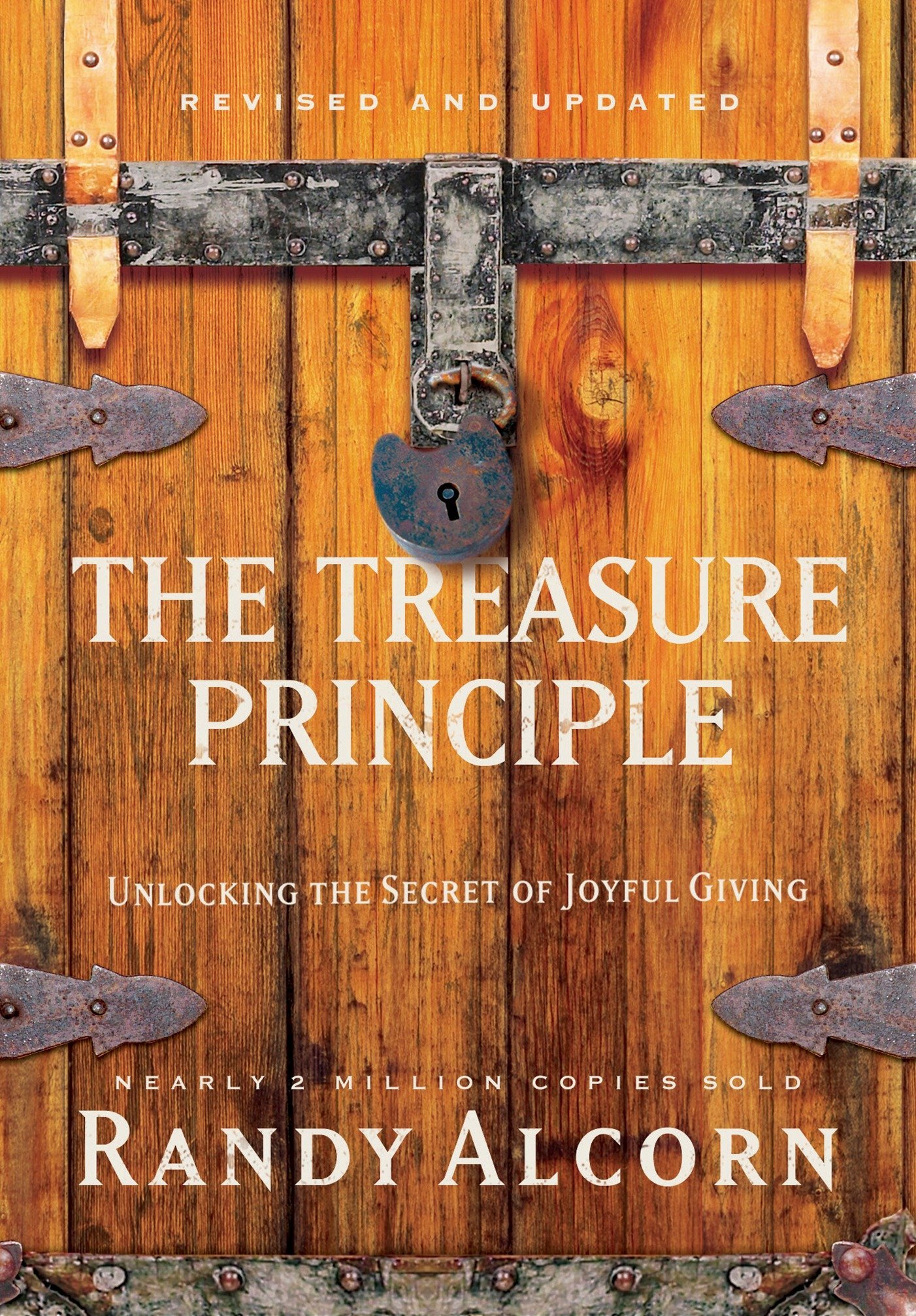
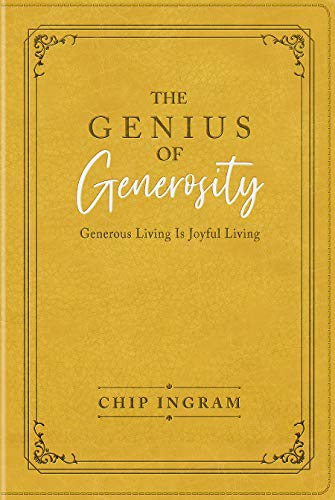
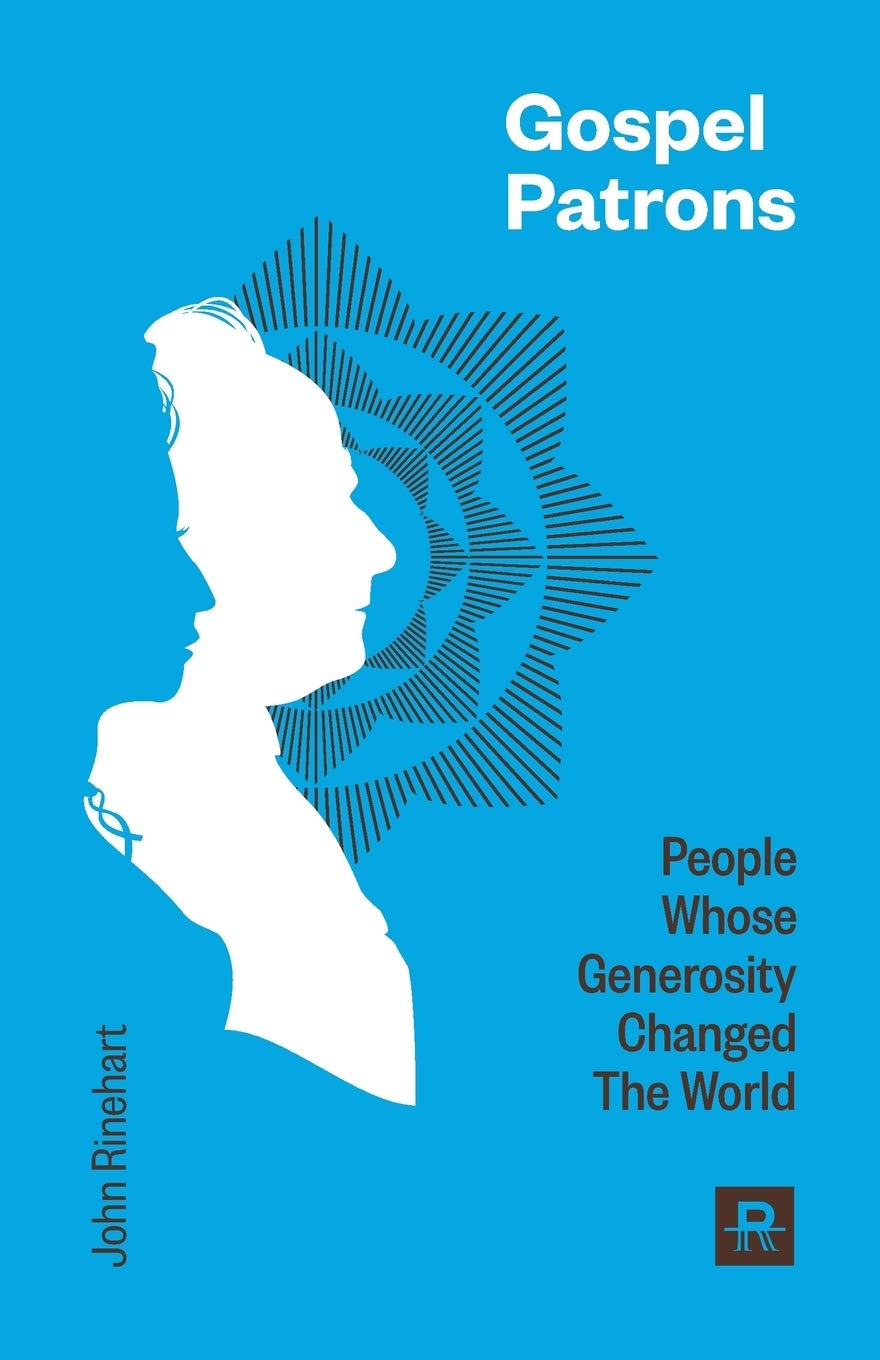
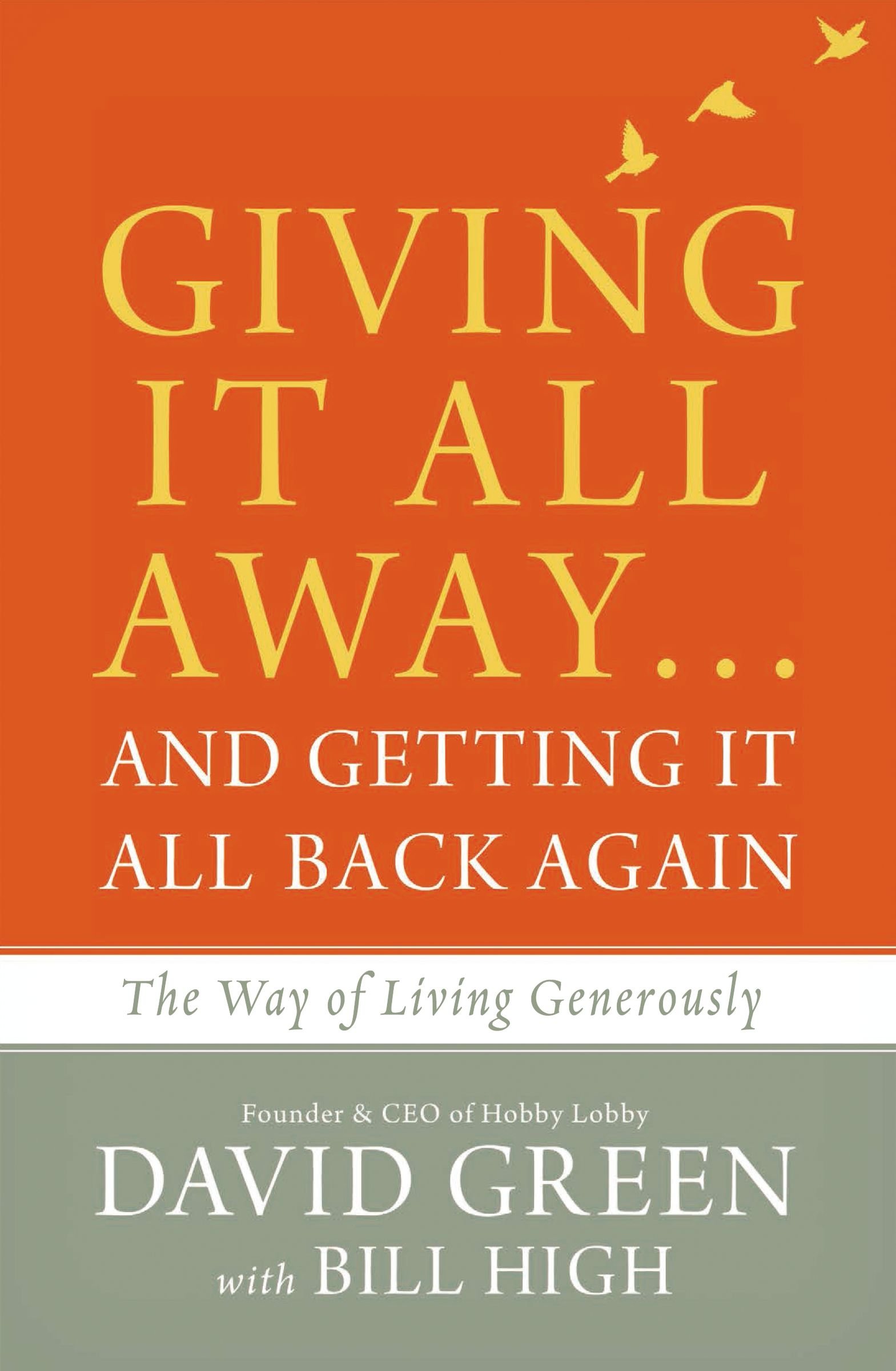
podcasts
Generosity
10 Principles of Biblical Generosity
videos
blogs
Generosity: What Are We Missing?
BibleProject.com / Erin Vroom
Give - Generosity & Joy
Adam Hamilton
Christianity and the Call to Generosity
Warner University / Dr. Ty Benbow
What the Bible Says About Generosity
Compassion International
reflection questions
1
What does the knowledge that all you have belongs to God affect your life?
2
When have you gone without so someone else could have? What was that like for you?
3
What are your current addictions? For example: shopping, devices, keeping up with the Joneses, binge-watching TV? How do these addictions affect your use of your resources?
4
What would it mean to you to being to downsize so you could give more to others?
5
What would it be like for you to consider helping brothers and sisters in your community with their financial needs?
Matt Garcia
Matt is the creator of this website and curates resources on spiritual formation. He is a husband of Jesika and a father of 4 children. He also helps lead a house church. Follow him on Instagram to see what he's up to.
